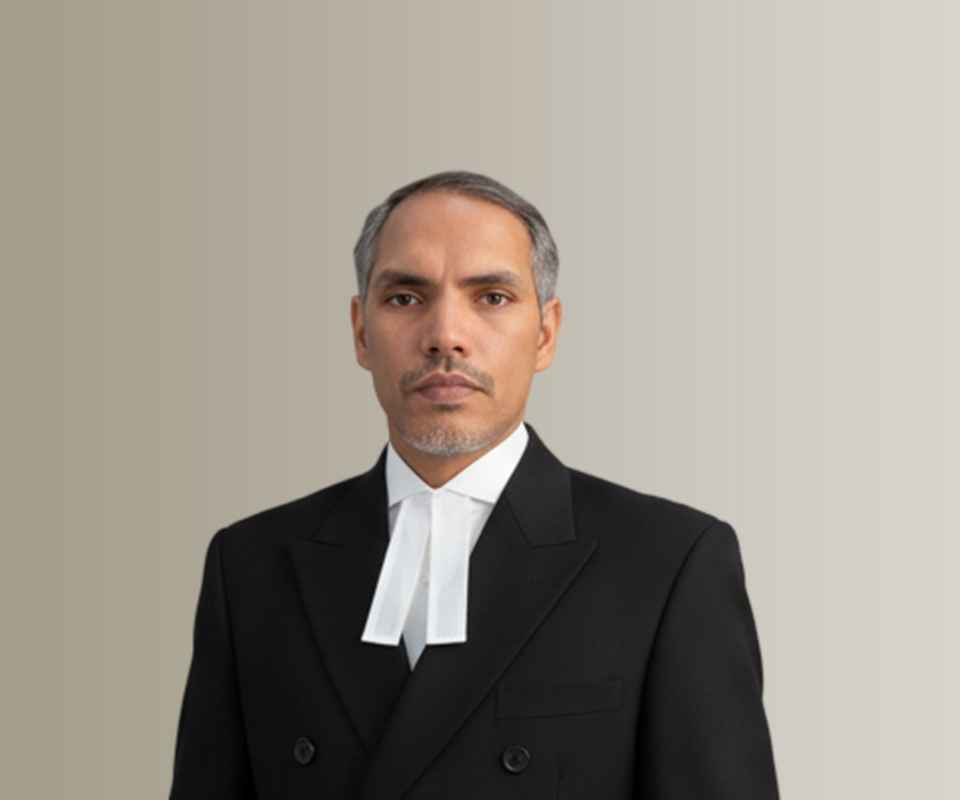Answer By law4u team
The right to privacy is a fundamental right under the Indian Constitution, but it is not absolute. The Constitution and laws allow for reasonable restrictions on privacy to balance individual rights with broader societal and state interests. These exceptions ensure that privacy rights do not obstruct legitimate activities such as law enforcement, national security, and public welfare.
Exceptions To The Right To Privacy
Public Interest and National Security:
Privacy can be limited if necessary for protecting national security, public order, or public health. Surveillance and data collection by government agencies may be allowed to prevent threats like terrorism or pandemics.
Law Enforcement and Investigation:
The state can restrict privacy rights to investigate and prosecute crimes. This includes search and seizure, interception of communications (under lawful authority), and accessing data to gather evidence.
Statutory Authorization:
Any limitation on privacy must be backed by clear and specific laws that define the scope and procedure for such restrictions, ensuring they are not arbitrary or excessive.
Reasonable Restriction Principle:
Restrictions must be reasonable, proportionate, and necessary. Excessive intrusion or vague laws that disproportionately affect privacy can be struck down by courts.
Consent and Contractual Exceptions:
Individuals may voluntarily waive privacy rights in specific contexts by consenting to data sharing or contractual terms.
Judicial and Administrative Orders:
Courts or competent authorities may order disclosure of private information when required for justice or administrative purposes.
Freedom of Speech and Expression:
Sometimes, privacy rights intersect with freedom of speech. For example, revealing certain private information may be permissible if it serves a larger public interest, subject to judicial scrutiny.
Example
Scenario:
Law enforcement seeks access to an individual’s phone records during a criminal investigation.
Steps:
- Authorities must obtain authorization as per the law, such as a warrant or court order.
- The interception or access should be limited in scope and time to what is necessary for the investigation.
- The individual’s privacy is restricted only to the extent required, protecting other unrelated information.
- Oversight mechanisms ensure that this intrusion is justified and not misused.
This example shows how privacy rights can be lawfully limited while maintaining checks and balances.







